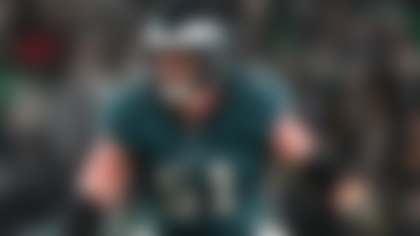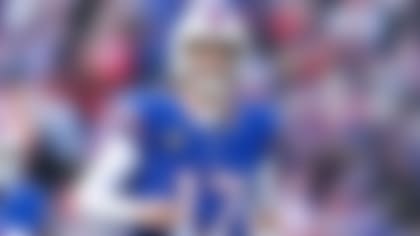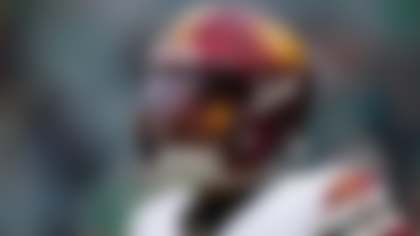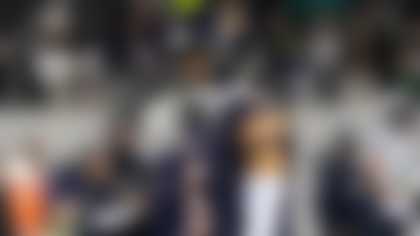When actions defy logic, those results invite the general public to generate theories as to why that event occurred as it unfolded. The Los Angeles Rams' usage of Todd Gurley during their postseason run is one of those instances.
The NFL's highest-paid running back, who generated 21 touchdowns and 1,831 scrimmage yards, became an afterthought in the NFC Championship and Super Bowl, taking just 14 total carries in two games -- and just 31 in the entire playoff run.
Gurley was dealing with a knee injury late in the year that caused the star to miss the final two games of the regular season. During that stint, the Rams hired backup C.J. Anderson, who totaled 299 rushing yards in those final two tilts.
Speaking on FS1 on Tuesday, the running back was asked how hurt Gurley was when Anderson joined the Rams.
"He was more hurt than what we thought," Anderson said, via USA Today. "The injury was a little bit more than what everybody in the building thought, including himself."
The timeframe Anderson is asked about is key -- when he was hired, not after the season ended. The Rams took Gurley off the injury report during the Super Bowl week and insisted throughout the process and after the loss to the New England Patriots that the running back was fine. Perhaps that's true, and the L.A. brass believes it to be fact. The team's actions -- giving Gurley just 14 carries in two games -- encourage other theories, like Gurley wasn't really all that healthy. The other option is to suggest wunderkind Sean McVay screwed the pooch big time by not giving his best weapon more chances despite the limited offensive opportunities.
Gurley's Divisional Round performance (115 yards, TD on 16 carries) after having three weeks off, followed by his lack of production the ensuing two games invites speculation that perhaps Gurley's knee needed more rest.
Anderson, who has dealt with his own knee issue in the past, said players continuously must deal with knee pain throughout their careers after an injury. Gurley tore his ACL in 2014.
"Obviously, it's the same knee injury he's had before in his career," Anderson said. "Obviously I had surgery on my meniscus and once you have a knee, you always have a knee. So it aggravates and if he was getting a lot of touches earlier in the year -- obviously him being one of the best backs, that probably was the case."
Anderson's point about Gurley's workload is a salient one and will be an undercurrent all offseason for the Rams. If the knee issue is going to require persistent maintenance, can L.A. continue to use the dynamic player as a one-man backfield or must the team manage his touches throughout the season?
The answer to that question could be indicated by what the Rams do at the running back position this spring. With Anderson set to re-enter the free agent market, will they attempt to lure him back to keep the duo together? Might using a draft pick on a back make sense? Would the team simply put more trust in John Kelly and Malcolm Brown (coming off injury)?
Any of the above will circle the conversation back to speculation about Gurley's knee. When a team says one of the best players in the league is 100 percent healthy, then proceeds to give him 10 touches in the biggest game of the season, it makes little sense and leads to speculation about other possible reasoning, regardless of how little fruit that guessing-game might bear.












